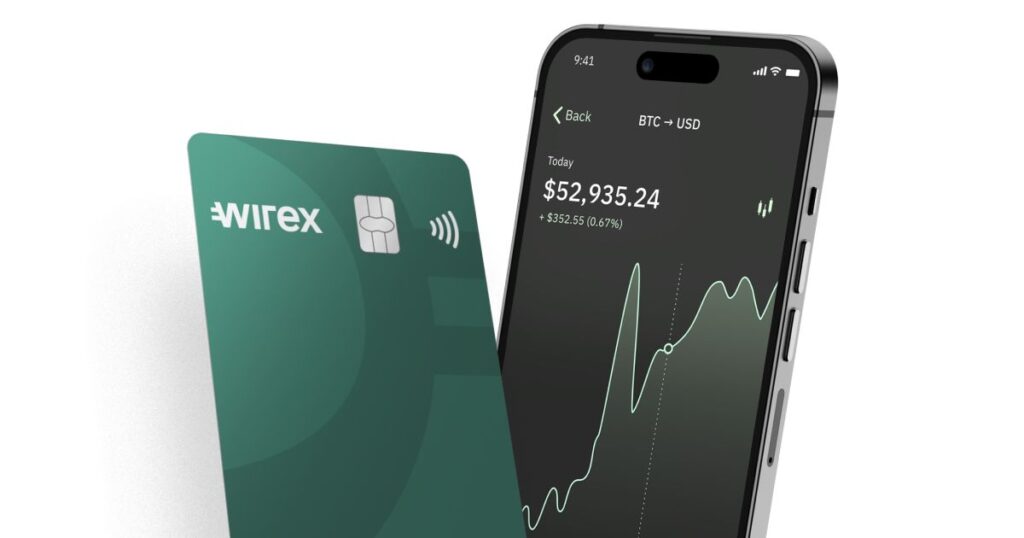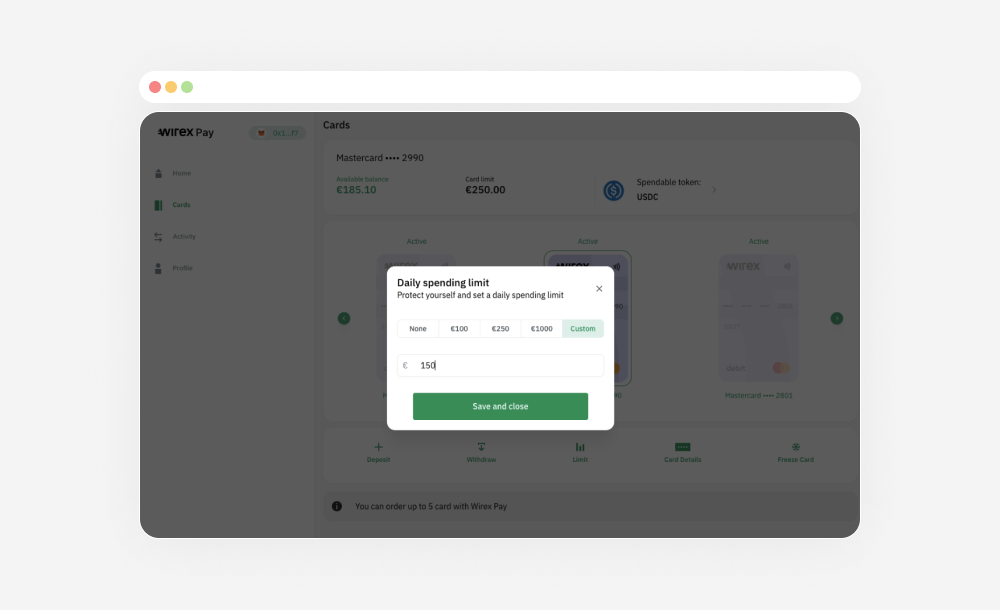Wirex Pay launched its modular payment chain, which improves security with non-custodial wallets and a private key mechanism.

Web3 money app Wirex has launched early access to Wirex Pay, a modular blockchain specifically created for payments.
This move comes as trust in centralized platforms wanes and more users shift toward self-custody wallets.
On October 9, Wirex Pay was made available for download to selected users, enabling them to make everyday payments with cryptocurrencies through non-custodial wallets.
In an interview with Cointelegraph, Wirex Pay co-founder Pavel Matveev emphasized the lack of trust among investors after incidents like the FTX and Celsius collapses.
Wirex Pay aims to respond to this trend by providing users full control over their funds, using private keys, multisignature methods, and additional security measures.
Setting a Spending Limit on Non-custodial Crypto
Matveev explained that users grant Wirex Pay temporary permission “to debit their account up to a certain limit.” Regarding the app launch, he added, “We’ve removed the barriers between crypto and everyday transactions, giving users the power to spend their assets freely and securely.”
Eligible users must complete a 10-step process, which includes ordering either a non-custodial plastic or virtual card, completing Know Your Customer (KYC) verification, linking a crypto wallet, and depositing funds into the account.

Wirex Pay supports Tether (USDT), USD Coin (USDC), and Dai (DAI) for top-ups and payments, with the service available in 54 countries, excluding the United States.
Increasing Institutional Support for Non-custodial Payments
Wirex Pay also allows users to bridge assets from the Ethereum blockchain in exchange for gas fees.
Mastercard recently expanded its support for non-custodial crypto wallets in a related development by partnering with European crypto payments provider Mercuryo.
The collaboration allows users to spend crypto held in self-custody wallets.
Christian Rau, Mastercard’s senior vice president of crypto and fintech enablement, told Cointelegraph, “At Mastercard, we are working closely with partners to innovate and enhance the self-custody wallet experience.”
